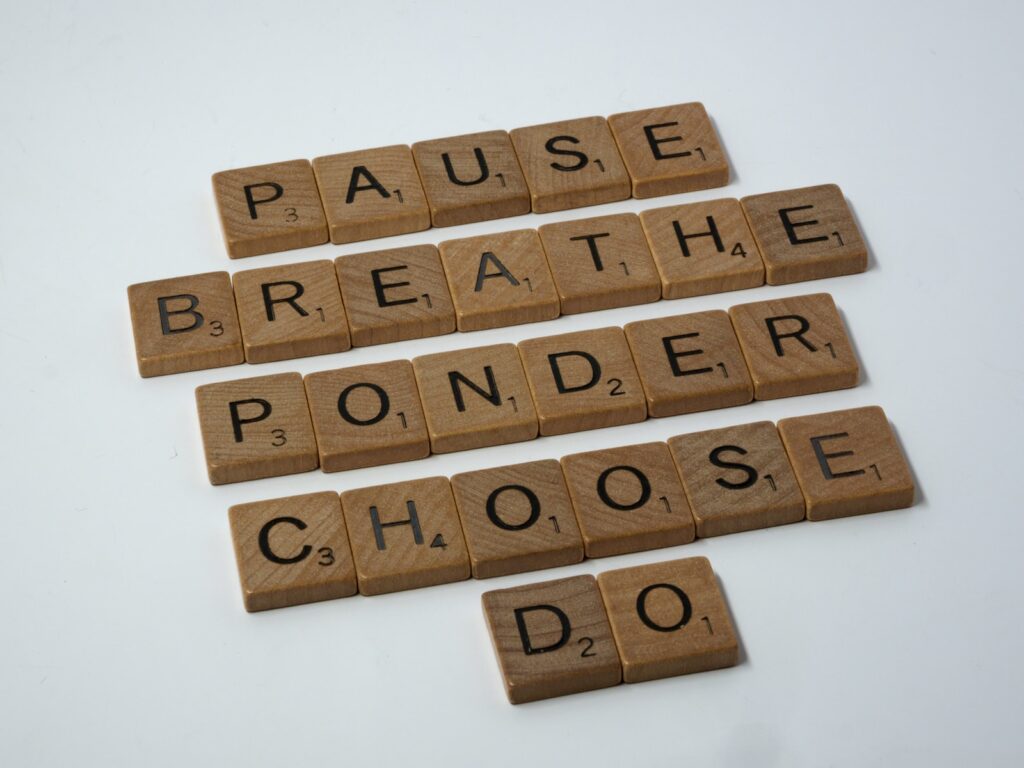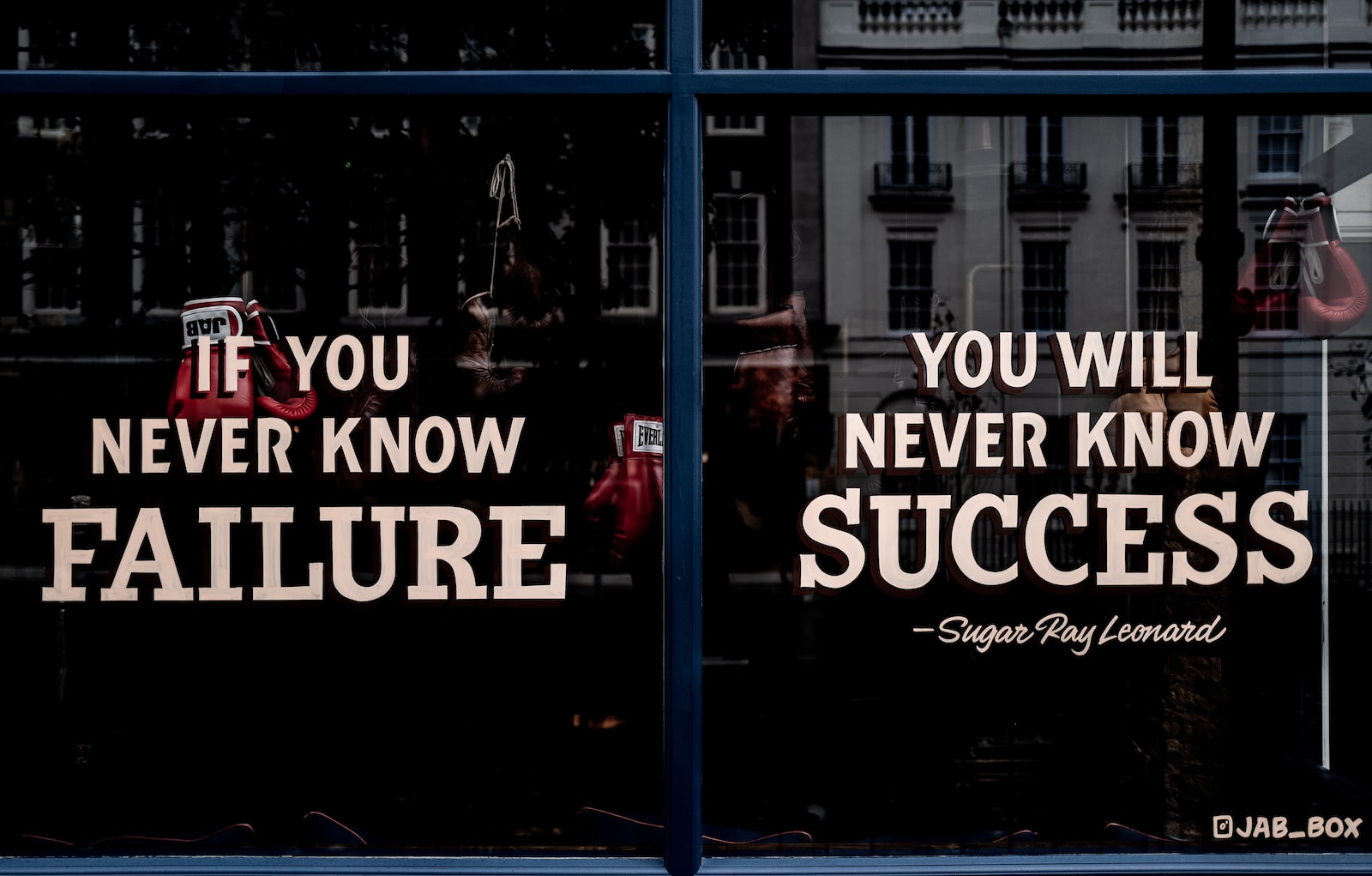What does it mean to have a growth mindset?
We all know that one person that refuses to change their way. They aren’t growing and they don’t believe an old dog can learn new tricks. We also all know that one person that says yes to everything and is eager, almost too positive. So what does it mean to have a growth mindset?
Does having a growth mindset mean you are open to anything and are ready for any experiences coming your way? Sort of. You can still say no. If you are ready to learn new things, it may indicate that you have a growth mindset.
While writing this article, this popped up in my head. When I finished high school, I actually failed my final exam in English. (True Story) The teachers told me that I had 1 month to learn, did not tell me how and I had one chance over the summer to do the exam again. I went home and found a website that could help me.
In perspective, if I would have decided that was the end, I would not have graduated highschool, not learned English and not have the life I have today. In the end, the decision I made that day, the one mindset I had to learn English no matter what changed my life. That may have been the decision that allowed me to have a growth mindset. I was not ready to let my teachers tell me I was a failure.
This post contains affiliate links, which means I receive a small commission, at no extra cost to you, if you make a purchase using this link, you may allow me to buy coffee while I write! Please see my disclosure for more details.

What does it mean to have a growth mindset?
2 Key Psychological Principles to Understand
Did you know that having a growth mindset is related to how many limited beliefs you may have today. Specifically, there are as 15 limited beliefs. If you have these blocks in your mind can be the difference between having a growth mindset or being stuck in your own way. Have you ever been around someone that just knows everything, there is no communication and they always have to have it their way.
Locus of control
What you believe is and is not within your control.
- External locus of control: Do you feel like life is happening to you? Do you feel like you are the victim to whatever is happening?
- Internal locus of control: Are you in control of your lives? Even when something happens to you, it appears to come from the outside. You know you always have the power to overcome the outcome.
How do you develop an internal locus of control and feel empowered about your life?
If you feel like your life is out of your control, you’re unlikely to take action because you don’t believe it will make a difference. You have a bias toward inaction.
In order to overcome this, you can begin taking daily actions and seeing what happens. Doing this over time shows that you have more influence over your life than you thought. Just like any muscle, at first you may feel uneasy, everything seems foolish or useless. Little by little you can train your brain and your mind that daily actions are okay. You will develop a bias toward action instead of inaction. This means you will start to believe that you are the type of person who takes action to influence their own life.
Story Time
I was diagnosed with depression when I was a teenager. Often, I found myself going to the therapist’s office instead of my classes. I could not cope. Everytime the therapist would tell me “when you go home just do something for you”. It could be as simple as taking a shower, watching tv, or going for a walk. At the time, I didn’t really understand what she meant.
As time went on, I went to see a therapist during my early 20s, she recommended “everyday make yourself pretty”. She didn’t mean to put on makeup and look like a million dollars. What she meant was, everyday when I woke up I would shower, brush my hair and make sure to get dressed and not stay in my pjs. Now looking back, these actions built up over time and did help to make me realize I had values. Each action I took mattered and I was the one deciding them.
Furthermore, this is a simple way to develop your internal locus of control, which can make you feel empowered to direct your own life. It should help in building your confidence and be in charge of your own life. You don’t have to change your world overnight.
Om Bone Mala Yoga Bracelet

A beautiful yoga meditation bracelet in versatile black and white with a Sanskrit OM pattern and decorative brown end tassel. Wear this with your yoga and/or meditation apparel or any style matching dresses for a bohemian complete look! Comfortable elastic bracelet, check out its matching mala necklace found in our necklace catalog and also a part of the stones and spiritual collection!
The Growth Mindset Benefits
- More resilient
- Better at coping with failure
- More likely to challenge themselves
Fix Mindset Benefits
- Less resilient
- Poor at coping with failure
- Avoid challenge that could reveal their flaws

Quiz – Do you have an internal or an external locus of control?
Consider this example and how you would feel if it were you.
Imagine that you had a terrible day. You can’t find your keys, you spilled coffee on your shirt on the way to work, you got a parking ticket on your lunch break, and your boss reprimanded you for publishing a document with several major errors.
How would you react?
- You’d feel bad about yourself for being clumsy, unintelligent and unlucky. You’d accept that this is just how your life goes.
- You’d be upset but you’d be thinking about how you should probably use a better travel mug, be more careful when you park, and double check your work.
Then, I want you to answer these questions:
- If I told you that your intelligence, like an IQ score, is something about you that you can’t change, would you:
- Agree
- Disagree
- If I told you that talents are something you are born with would you:
- Agree
- Disagree
Did you answer mostly 1’s or 2’s?
Before you dive into what this all means, the number 1 most important thing you need to know about it is:
If you don’t already have this mindset, you can LEARN IT.
This core belief system is referred to as the Growth Mindset, while the contrasting way of looking at the world is known as the Fixed Mindset.
- If you answered all 2’s, you have a growth mindset.
- If you answered some 1’s, that’s okay, you can learn how to have a growth mindset.
What is a growth mindset vs a fixed mindset?
Having a growth mindset means believing that your abilities and personality are not permanent and can be developed over time with effort. This is true no matter what your current talents may be or what your natural dispositions are. With the right amount of commitment and work, even the most difficult characteristics can be altered.
On the opposite, a person with a fixed mindset considers that qualities such as intelligence and talent are predetermined at birth or set in stone by a specific age. This implies that some people are born with more talent or are smarters and it cannot be changed.
Were you brought up with the notion that one’s intelligence and aptitude are innate and unchangeable. This viewpoint is common in the western world, we grew up with the idea that our abilities could be evaluated through tests like IQ exams or academic grading.
No one ever stops to consider that just one test taken on one day at one age can’t possibly predict how well you’d do on the same test years later. Think about it: what if you learned more, or were in a better mood? We’re taught that these tests tell us how smart a person is doing and that’s all we get – like it’s permanent.
Being in a culture that is obsessed with natural talent, we encounter two problems:
- The people who work hard to develop their abilities far out-win the naturals in the long run.
- If being a natural is so important, it actually discourages the effort it takes for those who have to work at it.

Do you have a fixed mindset?
If you have a fixed mindset you will always have the same level of talent regardless of how much effort you put in. You either got it or you don’t. Because of this you would spend a lot of effort trying to prove your abilities and intelligence without putting in the time to improve it. You just want to look smart. So, if you are not immediately good at something, you think to yourself “what’s the point” and you stop doing it. This is because you are in a constant quest to prove that you are talented or intelligent without putting in the effort. This is what a fixed mindset person thinks, effort is a bad thing.
When you have a fixed mindset, having to work hard at something is a signal that you’re not a natural talent. Also this means that you’re not of high intelligence, because if you were you wouldn’t’ have to try. As a result, you don’t challenge yourself, you don’t like trying new things, and so you never develop your potential. You feel trapped reaching only as far as your current abilities can take you, if you fail it’s devastating. Believing in your core that it means you are a failure. The last thing you need is to take on an identity as a failure. Not to mention, blaming others and finding excuses from the outside world. When you have a fixed mindset you find joy in being the best or being judged as talented or smart, which doesn’t sound great does it.
Do you have a growth mindset?
Growth mindset people see the world very differently. If that is you, you believe that the more effort you put into something, whether it’s practicing or learning, the better you will become. If you are not good at something you see it as a sign that you have to work harder. You have little need to prove that you are talented or intelligent and instead you are on a never ending quest to continue to grow.
Can you imagine, how hard someone tries is how you measure the person’s value. Would you rather experience challenges and see them as an opportunity to learn something and expand your boundaries. Failing is never a great feeling, but you don’t ever have to believe that you are a failure. Simple, you see it as a learning experience. Growth mindset people find joy in progress and learning.
Remind yourself that you can change and improve your talents, skills, intelligence, characteristics, and behaviors, now you know!
What you need to remember from this?
Your mind, just like your muscles always have a place for growth. Let’s be real, if you were told as a child that you sucked because you failed at some math test that you are a failure. You always have the power within you to make a difference in your life, you are the one in control.
In conclusion, if you decide today that it’s enough and you are ready for a change that’s up to you. Any positive changes can have a huge impact in the long term, and over time all the changes you make cumulate.
To learn more about holistic health and how to apply it to your life, don’t forget to read my other articles!






